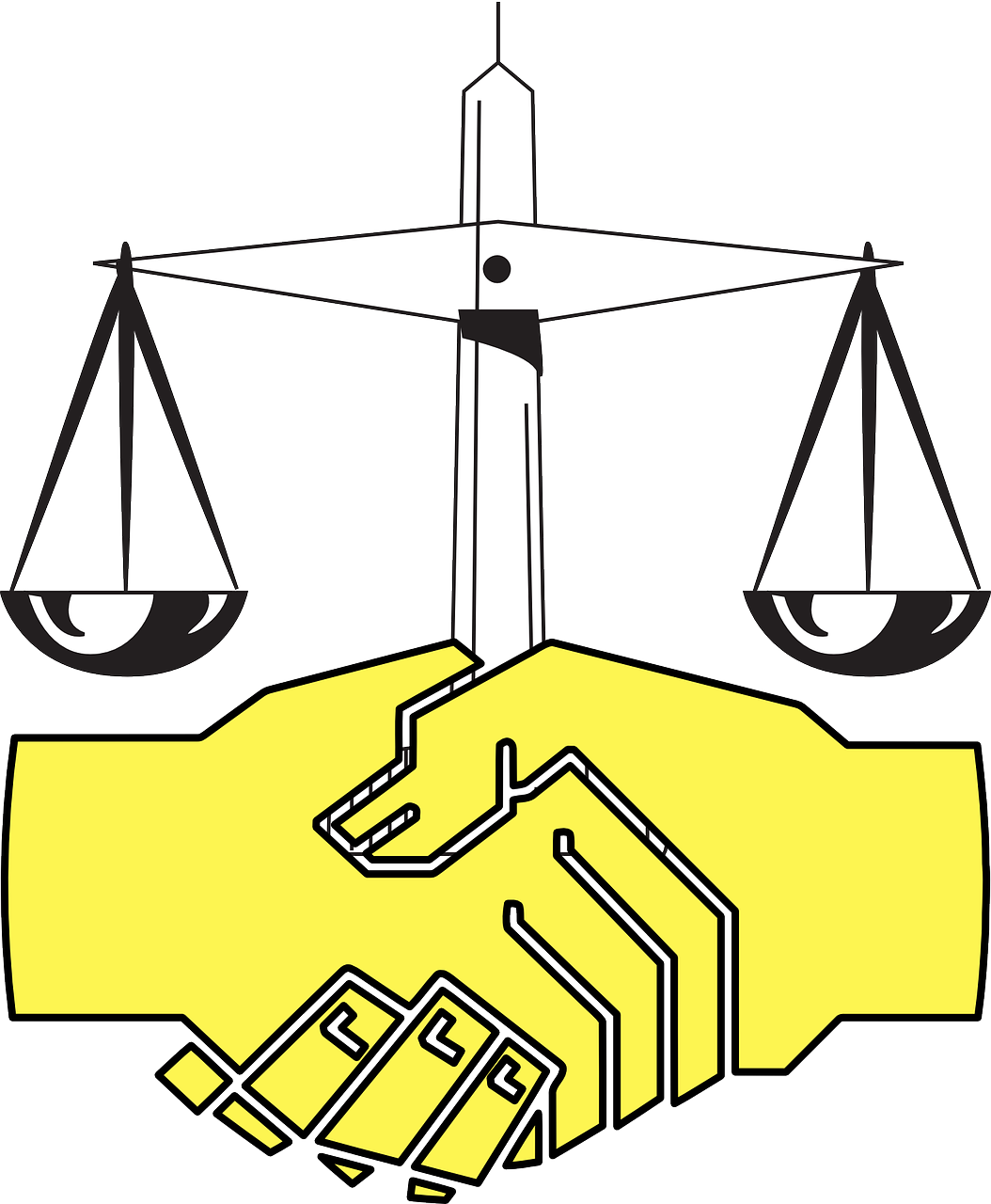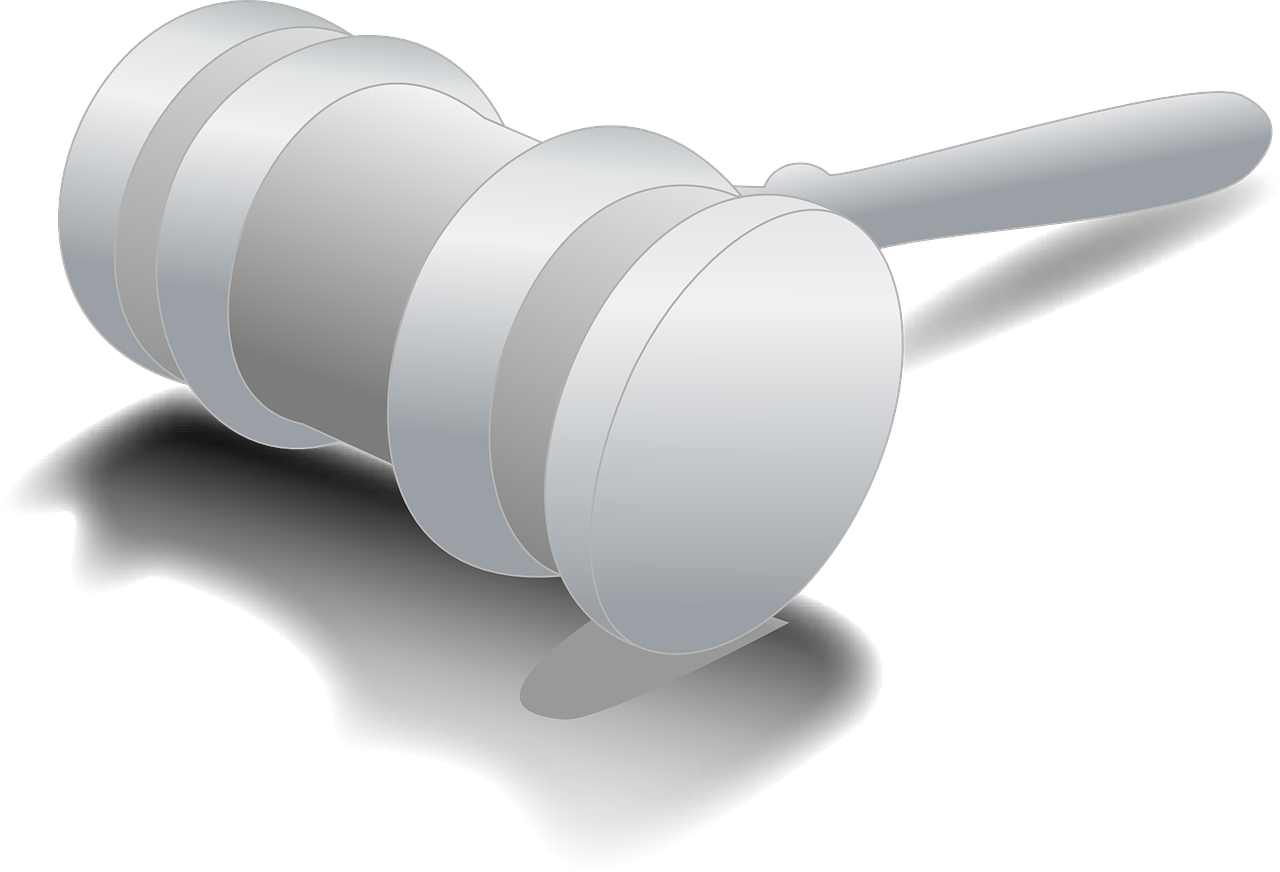Are you facing criminal charges and in need of expert legal representation? Look no further than the defense attorney listed on this website. With a proven track record of success in defending businesses and their owners, this lawyer is the go-to professional in navigating the complexities of criminal law. Through informative blog posts, you will gain valuable insights into the legal process, clear explanations of intricate concepts, and reassurance in addressing common concerns. By showcasing real-life scenarios and engaging case studies, this attorney sets themselves apart from others in the field, instilling confidence and creating emotional connections. Don’t hesitate – take the next step and seek assistance promptly by calling the defense attorney today.
What is a Defense Attorney?

Definition and Role
A defense attorney, also known as a criminal defense attorney or defense lawyer, is a legal professional who specializes in representing individuals or organizations accused of criminal activity or facing legal disputes. Their primary role is to provide legal guidance, counsel, and representation to clients throughout the legal process, working to protect their rights and ensure a fair trial.
Importance of a Defense Attorney
Hiring a defense attorney is crucial for individuals and businesses alike when faced with criminal charges or legal disputes. The importance of a defense attorney includes:
-
Legal Expertise: Defense attorneys possess in-depth knowledge of criminal law and procedures. This expertise allows them to navigate the complexities of the legal system and strategically build effective defense strategies for their clients.
-
Protection of Rights: Defense attorneys play a crucial role in protecting the rights and freedoms of their clients. They ensure that individuals are treated fairly, that their constitutional rights are upheld, and that they are not subjected to unlawful or unethical practices during the legal process.
-
Strategic Defense: Defense attorneys are skilled at developing defense strategies tailored to the specific circumstances and evidence of each case. They analyze the prosecution’s case, identify weaknesses, and leverage their knowledge and experience to present a strong defense on behalf of their clients.
-
Reduced Penalties or Charges: In many cases, a defense attorney can negotiate with prosecutors to secure reduced charges or negotiate plea bargains that result in reduced penalties for their clients. Their expertise in negotiation can significantly impact the outcome of a case.
-
Emotional Support: Going through a criminal case or legal dispute can be emotionally draining and overwhelming. A defense attorney not only provides legal guidance but also offers emotional support to clients, helping them navigate the challenges and uncertainties they may face.
Types of Defense Attorneys
There are various types of defense attorneys, each specializing in different areas of law. Some of the most common types include:
1. Criminal Defense Attorney
A criminal defense attorney represents individuals who have been charged with criminal offenses. They handle a wide range of cases, including drug crimes, assault, robbery, DUI, and more. Their role is to defend their clients aggressively, challenge the prosecution’s evidence, and ensure a fair trial.
2. White Collar Defense Attorney
White-collar defense attorneys specialize in representing individuals or organizations accused of non-violent, financially motivated crimes, such as fraud, embezzlement, insider trading, or money laundering. They possess a deep understanding of complex financial matters and work to protect their clients’ interests in such cases.
3. Business Defense Attorney
Business defense attorneys focus on representing businesses when they are involved in legal disputes or facing potential legal risks. They provide legal counsel on matters such as contract disputes, intellectual property issues, employment law, and regulatory compliance. Their objective is to protect their clients’ business interests and help them navigate legal complexities.
4. Civil Defense Attorney
Civil defense attorneys represent clients in civil litigation cases, which involve disputes between individuals or organizations where monetary damages are sought instead of criminal charges. They handle cases such as personal injury claims, product liability, medical malpractice, and defamation. Civil defense attorneys work to defend their clients’ rights and minimize their liability in these legal disputes.
Qualifications and Skills of a Defense Attorney
To effectively represent clients and navigate the legal system, defense attorneys must possess a combination of qualifications and skills. These include:
Education and Training
Defense attorneys typically have a law degree and have completed the required legal education from an accredited law school. They must also pass the bar examination in their jurisdiction to become licensed to practice law. Continual professional development and staying updated on legal changes are crucial for defense attorneys to maintain their expertise.
Analytical Skills
Defense attorneys must possess strong analytical skills to evaluate evidence, identify potential legal defenses, and assess the strengths and weaknesses of a case. Analytical skills help them develop effective defense strategies and make informed decisions throughout the legal process.
Communication Skills
Effective communication is vital for defense attorneys to convey complex legal concepts to their clients, negotiate with prosecutors, present arguments in court, and advocate for their clients’ interests effectively. Good oral and written communication skills allow defense attorneys to articulate their client’s defense clearly.
Negotiation Skills
Negotiating with prosecutors, opposing counsel, and other parties involved in a case is a crucial skill for defense attorneys. They seek plea bargains, reduced charges, or alternative resolutions that benefit their clients. Strong negotiation skills enable them to secure favorable outcomes and protect their clients’ interests.
Knowledge of the Law
Defense attorneys must possess comprehensive knowledge of criminal laws, procedural rules, and precedents relevant to their practice area. This knowledge enables them to analyze the evidence presented by the prosecution, identify legal issues, and employ effective defense strategies.

Responsibilities of a Defense Attorney
Defense attorneys have several responsibilities when representing clients. These include:
Client Representation
Defense attorneys are advocates for their clients. They represent their clients’ interests at all stages of the legal process, ensuring their rights are protected and their voices are heard.
Case Evaluation
Defense attorneys conduct a thorough evaluation of their clients’ cases. They gather and review evidence, analyze police reports, interview witnesses, and assess the merits of the case against their clients. This evaluation helps them develop the most effective defense strategies.
Investigation
Defense attorneys conduct independent investigations to gather additional evidence, challenge the prosecution’s case, and identify potential weaknesses or inconsistencies in the evidence. These investigations may involve hiring experts, conducting interviews, or gathering documents to strengthen their clients’ defense.
Legal Strategies and Advice
Based on their evaluation and investigation, defense attorneys develop legal strategies tailored to their clients’ cases. They advise their clients on the potential outcomes, legal options, and possible defenses, guiding them through the legal process with informed decisions.
Courtroom Representation
Defense attorneys represent their clients in court during various legal proceedings. They present arguments, challenge the admissibility of evidence, cross-examine witnesses, and advocate for their clients’ rights and interests.
Benefits of Hiring a Defense Attorney
Hiring a defense attorney offers numerous benefits to individuals and businesses facing criminal charges or legal disputes. Some key benefits include:
Expertise and Experience
Defense attorneys possess specialized knowledge and experience in handling criminal cases or legal disputes. Their expertise allows them to navigate the legal system effectively, build strong defenses, and handle complex legal issues.
Protection of Rights
Defense attorneys play a vital role in protecting the constitutional rights of their clients. They ensure fair treatment, prevent unlawful practices, and advocate for their clients’ rights, including the right to a fair trial, the right to remain silent, and the right to an attorney.
Strategic Defense
Defense attorneys develop strategic defense strategies based on their clients’ unique circumstances. They leverage their knowledge of the law and the weaknesses in the prosecution’s case to build a robust defense aimed at achieving the best possible outcome.
Reduced Penalties or Charges
Through negotiation and advocacy, defense attorneys can often secure reduced charges or negotiate plea bargains that result in reduced penalties for their clients. They strive to minimize the negative consequences of criminal charges or legal disputes.
Emotional Support
The legal process can be emotionally challenging and overwhelming. Defense attorneys not only provide legal guidance but also offer emotional support to their clients throughout the legal proceedings. They understand the stress and anxiety their clients may face and provide reassurance and understanding.
How to Choose the Right Defense Attorney
Choosing the right defense attorney is crucial for a successful defense. Consider the following factors when selecting a defense attorney:
Assessing Experience and Specialization
Evaluate the attorney’s experience in handling cases similar to yours. Look for expertise in your specific legal issue or area of criminal law. Specialization and experience in the relevant practice area can significantly impact the outcome of your case.
Checking Reputation and Track Record
Research the attorney’s reputation and track record. Look for testimonials, reviews, or case results that demonstrate their ability to achieve favorable outcomes for their clients. A solid reputation and a history of success can indicate a competent and reliable defense attorney.
Evaluating Communication Skills
Effective communication is essential when working with a defense attorney. Evaluate their communication skills during an initial consultation or interview. Look for clear and concise explanations of legal concepts, active listening, and the ability to address your concerns.
Considering Fees and Costs
Discuss the attorney’s fees and costs upfront to ensure that they align with your budget and expectations. Clarify the billing structure, fee arrangements, and any additional costs associated with your case. Transparency about fees and costs is crucial for a successful attorney-client relationship.
FAQs about Defense Attorneys
FAQ 1: What should I do if I am arrested?
If you are arrested, it is crucial to exercise your right to remain silent and contact a defense attorney as soon as possible. Refrain from making any statements to the police without your attorney present, as anything you say can be used against you.
FAQ 2: How can a defense attorney help in my case?
A defense attorney can provide legal guidance, protect your rights, and develop strategic defense strategies tailored to your case. They can negotiate with prosecutors, challenge evidence, and represent you in court, aiming to achieve the best possible outcome.
FAQ 3: What is the difference between a defense attorney and a public defender?
A defense attorney is a private attorney hired by an individual or organization to represent them in legal matters. In contrast, a public defender is an attorney appointed by the court to represent individuals who cannot afford to hire a private attorney. Public defenders often handle a heavy caseload and may have limited resources compared to private defense attorneys.
FAQ 4: How long does a defense attorney take to resolve a case?
The length of time it takes to resolve a case varies depending on its complexity, the legal process, and other factors. Some cases can be resolved quickly, while others may take months or even years to reach a resolution. Your defense attorney can provide a better estimate based on the specifics of your case.
FAQ 5: Can a defense attorney guarantee a favorable outcome?
While defense attorneys strive to achieve favorable outcomes for their clients, it is impossible to guarantee specific results. The outcome of a case depends on various factors, including the evidence, the judge’s decision, and the prosecution’s arguments. A defense attorney’s role is to provide the best possible defense and advocate for the client’s interests within the bounds of the law.

Case Study: Successful Defense by Attorney XYZ
Background of the Case
Attorney XYZ successfully defended a client charged with embezzlement. The client, a high-ranking executive in a renowned corporation, was accused of diverting funds for personal use. The case involved complex financial transactions and required meticulous analysis of the evidence.
Legal Strategy Employed
Attorney XYZ conducted a thorough investigation of financial records, interviewed witnesses, and collaborated with forensic accountants to scrutinize the prosecution’s evidence. They identified inconsistencies and weaknesses in the case, challenging the accuracy and interpretation of financial data.
Result and Client Testimonial
As a result of Attorney XYZ’s meticulous defense, the client was acquitted of all charges. The courtroom representation and strategic defense were crucial in persuading the jury of the client’s innocence. The client expressed deep gratitude for Attorney XYZ’s dedication, expertise, and unwavering support throughout the case.
Understanding Criminal Charges
Individuals facing criminal charges should have a basic understanding of the different types of criminal charges, the elements that constitute a criminal offense, and the potential consequences of criminal convictions.
Different Types of Criminal Charges
Criminal charges can range from minor misdemeanors to serious felonies. They encompass offenses such as assault, theft, drug crimes, DUI, domestic violence, and many others. Each offense carries specific penalties and consequences, and the severity of the charges depends on the circumstances and the applicable laws in the jurisdiction.
Elements of a Criminal Offense
To prove a criminal offense, the prosecution must establish specific elements of the crime beyond a reasonable doubt. These elements vary depending on the offense but generally include factors such as intent, actions, and the harm caused. Understanding these elements is essential for the defense attorney to challenge the prosecution’s case.
Potential Consequences of Criminal Convictions
Criminal convictions can have severe consequences, including imprisonment, fines, probation, and a permanent criminal record. These consequences can affect an individual’s personal and professional life, impacting employment opportunities, housing prospects, and personal relationships. Hiring a defense attorney is crucial to minimize these potential consequences and protect an individual’s future.
Why Businesses and Business Owners Need Defense Attorneys
Businesses and business owners often encounter legal issues and face potential risks. Hiring a defense attorney specializing in business law can provide essential guidance and protection. Here are some reasons why businesses and business owners need defense attorneys:
Protecting Business Interests
A defense attorney can protect the interests of a business in legal disputes, contract negotiations, or regulatory compliance matters. They ensure that the business’s rights are safeguarded and provide advice to minimize legal risks.
Navigating Regulatory Compliance
Compliance with laws and regulations is critical for businesses to operate legally and avoid penalties or legal consequences. A defense attorney with expertise in business law ensures that businesses understand and comply with applicable laws, helping them navigate complex regulatory frameworks.
Mitigating Financial and Reputational Risks
Legal disputes, such as contract disputes or intellectual property claims, can have significant financial and reputational risks for businesses. A defense attorney assesses these risks and develops strategies to mitigate potential damages, protect the business’s reputation, and negotiate favorable outcomes.
By understanding the key roles, responsibilities, and benefits of defense attorneys, individuals and businesses can make informed decisions when hiring legal representation. Defense attorneys provide the expertise, protection, and support needed to navigate the legal landscape and strive for the best possible outcomes in criminal cases or legal disputes.



